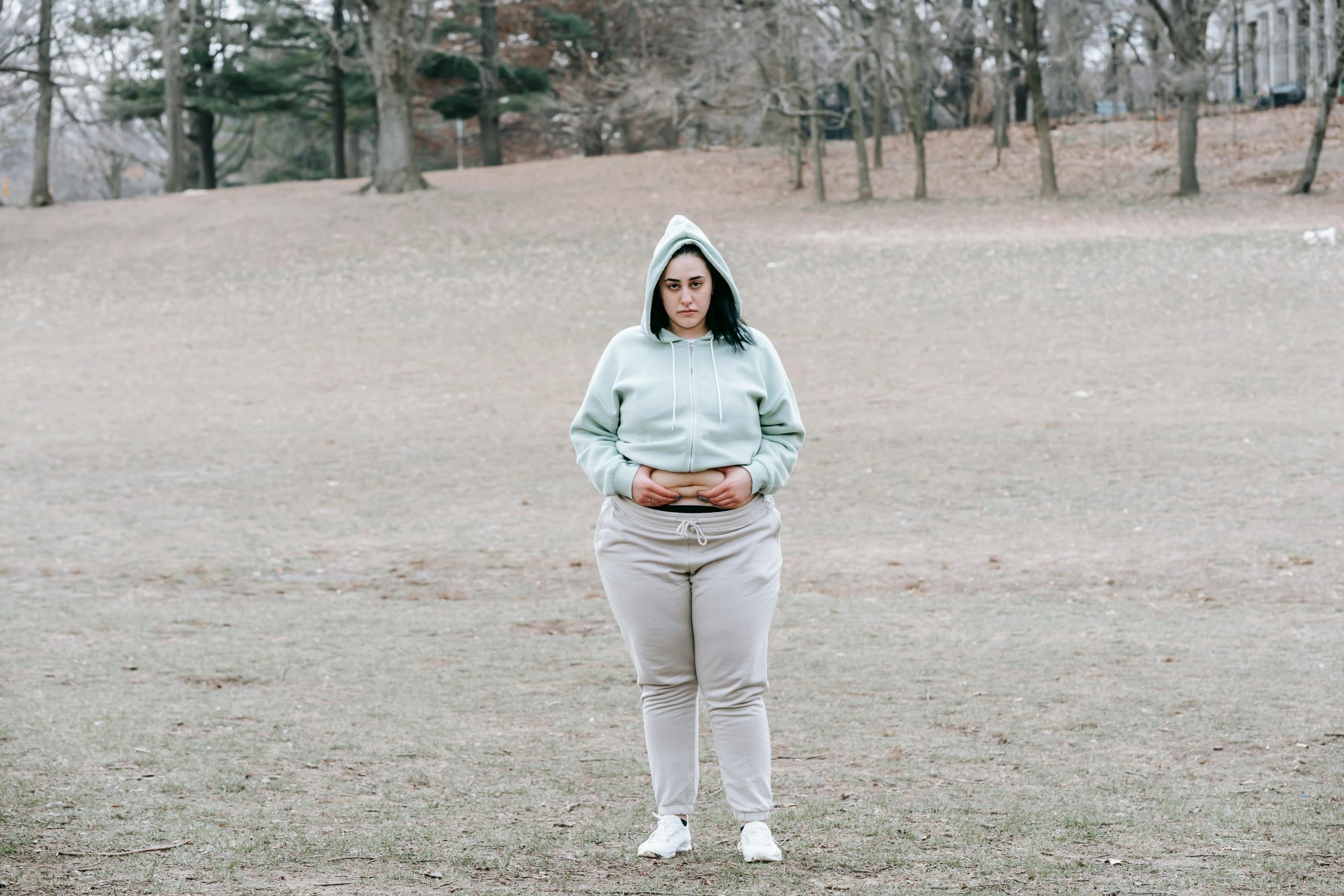Walking Without the Weight of the Wounded Self, Exploring the mind with ChatGpt
Title: Embracing Inner Healing: Moving Beyond the Wounded Self
Discovering Freedom from Inner Burdens Through Reflection and Compassion
Our inner selves often carry the echoes of past wounds, shaping how we perceive and navigate the world. Sometimes, these parts of us—frozen in fear or pain—seem to cling on tightly, acting as internal guardians that defend us from more hurt. But what if we could gently release these burdens and walk forward with a lighter heart?
Imagine a part of you, perhaps born from years of hardship, riding on your back like a frightened child—nervous, cautious, and alert to danger, whispering warnings that fuel your fatigue. This wounded piece of yourself doesn’t mean harm; it’s simply doing its best to protect you, even if its methods are now outdated.
The journey toward healing begins with understanding and compassion. Instead of battling this part or trying to silence it, consider approaching it with kindness. Gently acknowledge its fears and offer reassurance. You might say, internally or aloud, “You no longer need to watch over me like this. The storm has passed, and I am safe now.”
By extending love and patience, you create space for this wounded self to relax. It doesn’t have to serve as your prison warden or your constant protector. Instead, it can become a part of your story—one that you recognize without allowing it to define your present.
Reflection: Releasing the Need for Constant Vigilance
When past trauma embeds itself deeply, your nervous system adapts by developing a version of you that remains perpetually on alert. This hyper-vigilant inner voice may focus on self-criticism, social anxiousness, or obsessively safeguarding against abandonment. While these responses once served a purpose, they can hinder your growth and peace today.
Healing involves recognizing that the world your wounded self tried to shield you from is no longer your entire reality. You now possess new tools—self-awareness, boundaries, and compassion—that empower you to choose differently.
True liberation doesn’t come from suppressing or fighting these parts of yourself. Instead, it emerges through loving acceptance. When your wounded self feels seen, understood, and nurtured—when it realizes that your strength no longer depends on fear—it begins to soften.
In fostering this internal kindness, you allow these defensive fragments to relax. They transform from burdens into chapters of your journey—marks of resilience, not chains. As a result, you can move














Post Comment